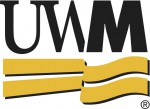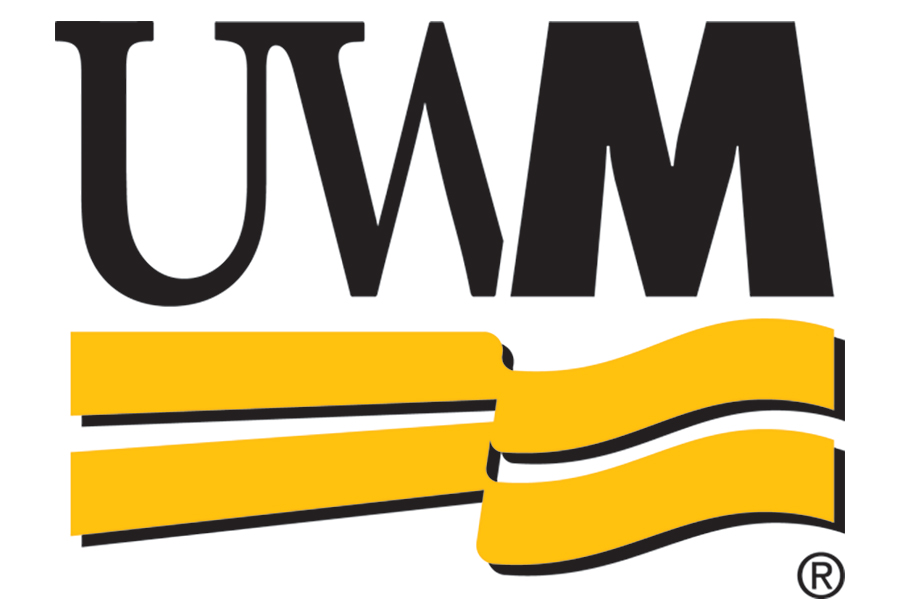UWM and City as Living Laboratory land NSF grant to launch water stewardship project
MILWAUKEE _ The University of Wisconsin-Milwaukee and New York-based nonprofit CALL/City as Living Laboratory have received a $2.8 million grant from the National Science Foundation for a multidimensional environmental learning project in Milwaukee that includes structures that will serve as illuminated beacons to help rally the public around water stewardship.
The four-year grant supports WaterMarks: An Atlas of Water for the City of Milwaukee, which aims to stimulate environmental awareness and community learning by bringing together residents, artists and scientists to collaborate on activities like workshops, walks, public art and youth mentorships – all designed to engage people of all ages in informal learning.
The funding will cover erecting the markers, providing public programming, conducting associated research and evaluation that will gauge the effectiveness of the effort, and developing a model for use by other cities to enable collaboration among diverse groups.
“The concept is that WaterMarks will serve as an atlas of Milwaukee water-related issues – a citywide project that is grounded in these neighborhood-scale projects,” said Ryan Holifield, UWM associate professor of geography and urban studies, who leads the research team. “A growing body of research suggests that informal science learning fosters critical thinking that empowers urban residents to become active in environmental decision-making.”
The solar-powered markers will be an anchor art installation, illuminated neighborhood focal point, and Wi-Fi hotspot enabling storytelling by local residents and information sharing by environmental experts. Each will be branded with a single letter, chosen by the community to symbolize an issue of importance, and mounted on a 25-foot pole, which will be programmed to pulse when heavy rains are impending.
In this way, the markers remind citizens to restrict water usage to help avoid harmful sewage overflows that pollute Milwaukee’s rivers and Lake Michigan.
Most of the markers will be located in predominantly underserved African American and Hispanic/Latinx neighborhoods, which are vulnerable to problems such as frequent flooding, lead contamination in drinking water, inequities in green space and poor access to Lake Michigan.
Three locations have been confirmed, while the grant will help the group build partnerships to expand into new neighborhoods, Holifield said. The three include:
- At South 16th Street and West Harrison Avenue
- In the Harbor District along Greenfield Avenue
- At North 31st Street and West Capitol Drive, the Green Tech Station
Artist and CALL founder Mary Miss began conceptualizing WaterMarks in 2015 after being invited to Milwaukee by a group of city leaders to share Milwaukee’s water story through the arts. Miss, who helped design the city’s Riverwalk area 20 years ago, laid the groundwork for WaterMarks in 2018 when she partnered with the Haggerty Art Museum and Marquette University to create a single marker at Acosta Middle School on Milwaukee’s south side.
“I have always believed it is essential for artists to have a seat at the table,” Miss said. “The unique vision of artists can both inspire people and help them to make connections between their own lived experiences and environmental challenges our communities face that seem overwhelming.”
Miss’ comprehensive plan for WaterMarks, beyond the scope of this NSF grant, is to illuminate the stack at the Jones Island Reclamation Facility, to serve as the WaterMarks central beacon in the Inner Harbor.
Two other organizations have received sub-awards from the grant: COSI’s Center for Research and Evaluation and the UW Sea Grant Institute.
NOTE: This press release was submitted to Urban Milwaukee and was not written by an Urban Milwaukee writer. While it is believed to be reliable, Urban Milwaukee does not guarantee its accuracy or completeness.






















